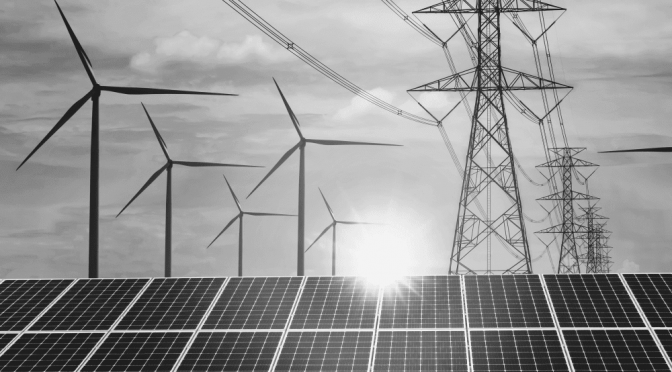The future of Malta’s energy market is poised for significant change as the country seeks to transition from a reliance on fossil fuels to a more sustainable, low-carbon energy system. This shift is driven by a combination of factors, including the need to meet European Union (EU) climate and energy targets, reduce air pollution, and enhance energy security. As a result, Malta is exploring various avenues to diversify its energy mix and promote the adoption of renewable energy sources. In this article, we will discuss some of the key trends and predictions shaping the future of Malta’s energy market.
One of the most notable trends in Malta’s energy market is the growing emphasis on renewable energy. The country has set ambitious targets for renewable energy adoption, aiming to achieve a 10% share of its gross final energy consumption from renewable sources by 2020, and 20% by 2030. To meet these goals, Malta is focusing on a range of renewable energy technologies, including solar, wind, and biomass.
Solar energy, in particular, holds significant potential for Malta, given the country’s abundant sunshine and relatively small land area. The government has introduced various incentives to encourage the installation of solar photovoltaic (PV) systems, such as feed-in tariffs and grants for residential and commercial installations. As a result, solar PV capacity in Malta has grown rapidly in recent years, and this trend is expected to continue as the cost of solar technology continues to decline.
Wind energy is another promising area for Malta’s energy market. The country’s first wind farm, the 95 MW Montenegro Wind Farm, is currently under development and is expected to be operational by 2022. This project will significantly increase Malta’s wind energy capacity and contribute to the country’s renewable energy targets. Additionally, Malta is exploring the potential for offshore wind energy, which could further boost the country’s renewable energy portfolio.
In addition to renewable energy, Malta is also focusing on improving energy efficiency and reducing energy consumption. The country has set a target to achieve a 22% reduction in primary energy consumption by 2020, compared to 2005 levels. To achieve this, Malta has implemented various measures, such as promoting energy-efficient buildings, investing in smart grid technologies, and encouraging the use of energy-efficient appliances. These efforts are expected to result in significant energy savings and contribute to Malta’s overall energy transition.
Another key trend shaping Malta’s energy market is the increasing importance of natural gas. In recent years, Malta has shifted from a reliance on heavy fuel oil to natural gas for electricity generation, with the aim of reducing greenhouse gas emissions and improving air quality. The country’s first natural gas power plant, the Delimara 4, began operations in 2017, and further investments in natural gas infrastructure are planned.
In the longer term, Malta is also exploring the potential for hydrogen as a clean energy source. The country is currently participating in the EU-funded project “H2 Islands,” which aims to demonstrate the feasibility of hydrogen-based energy systems for islands. This project could pave the way for the development of a hydrogen economy in Malta, providing a further boost to the country’s clean energy transition.
In conclusion, the future of Malta’s energy market is characterized by a shift towards a more sustainable, low-carbon energy system. This transition is driven by a combination of factors, including the need to meet EU climate and energy targets, reduce air pollution, and enhance energy security. Key trends shaping this transition include the growing emphasis on renewable energy, particularly solar and wind, as well as efforts to improve energy efficiency and reduce energy consumption. Furthermore, the increasing importance of natural gas and the potential for hydrogen as a clean energy source will also play a crucial role in shaping Malta’s energy future.


